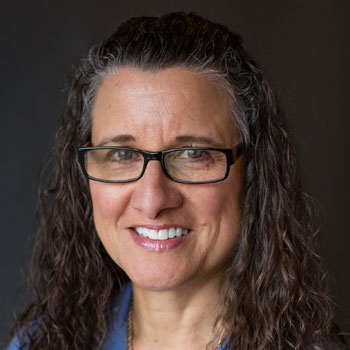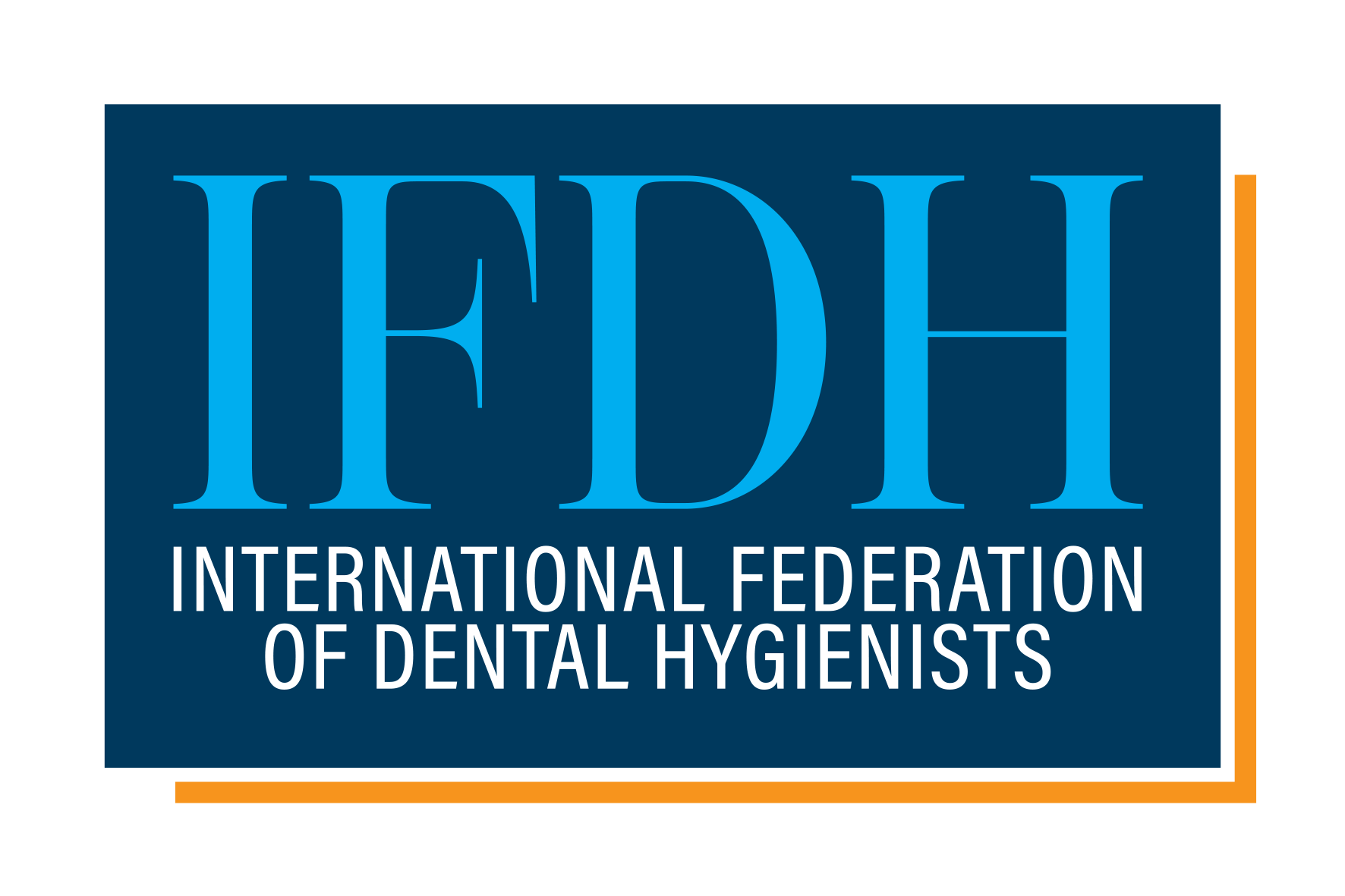IFDH Research Grant Program 2017
The purpose of this program is to promote experience in the research process and dissemination of findings contributing to the dental hygiene body of knowledge.
This grant program will provide small grants for students enrolled in dental hygiene graduate programs conducting thesis research. Students will submit a mini-proposal for consideration. Small grants will be provided (maximum up to $2000) and projects may not be fully funded. Applications are accepted on a rolling basis until all funds are granted.

2017 Awardees:

Janelle Cobb
Eastern Washington University Centreville, Ohio
A Qualitative Study: An Evaluation of the Perception of Ohio Dental Hygienists that Work in Nursing Home Facilities with the Elderly Population and use the Oral Health Access Supervision.
The purpose of this study is to evaluate the dental hygienists in the state of Ohio who currently work with the elderly population in nursing home facilities to determine their perceptions of (1) what would be necessary to practice in these nursing home facilities full time and create a sustainable position and (2) exploring what challenges or successes dental hygienists have who use their Oral Health Access Supervision Act (OSASP) permit in this setting in the state of Ohio.Since 2010, when the state of Ohio established the Oral Health Access Supervision Act (OHASP) for a way to bridge the gap to underserved communities in the state; there has not been any qualitative research done to determine the perspectives of those dental hygienists who are working in nursing home communities and the effectiveness of working full-time in this type of position. This can provide for exploration and the data gathered can be instrumental for research initiatives in the future.

Lindsay Doerschuk
Eastern Washington University Colbert, Washington
Exploring Student-Led Interprofessional Education Through a Community Service Project.
Interprofessional collaboration has been recognized by the World Health Organization as a vital part of improving health outcomes. Interprofessional education (IPE) is an important step in creating health professionals readily prepared to communicate and collaborate using evidence-based practice effectively. The purpose of this study aims to assess student attitudes and perceptions of the student-led approach to IPE, using a pre- and post-test survey. Participants enrolled in various health science programs, including dental, dental hygiene, occupational therapy, pharmacy, communication sciences and disorders/speech and hearing sciences, public health, and health science administration will attend an orientation, a community service IPE workshop serving veterans in the community, and a debrief session.Collected data from the study may prove to be beneficial in the development and revisions to improve the learning experiences, collaboration, and student attitudes and perceptions of IPE. Changing the way students view interprofessional collaboration may greatly impact the future of health care and outcomes of patient care.

Tari Devaney
photo Tari Devaney Eastern Washington University Wenatchee, Washington
Oral Health Care Training of Caregivers for the Developmentally Disabled.
The purpose of this study is to examine the impact of an oral health care educational training on caregivers’ knowledge of the oral-systemic link and confidence in the provision of oral health care for individuals with DD to achieve and maintain oral health of individuals with DD, while also improving the caregiver’s own oral health awareness.This study will aid in the demonstration that oral health services can be provided on a daily basis to individuals with DD, which could improve oral and systemic health.
Previous Winners
Menu





